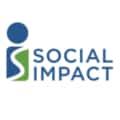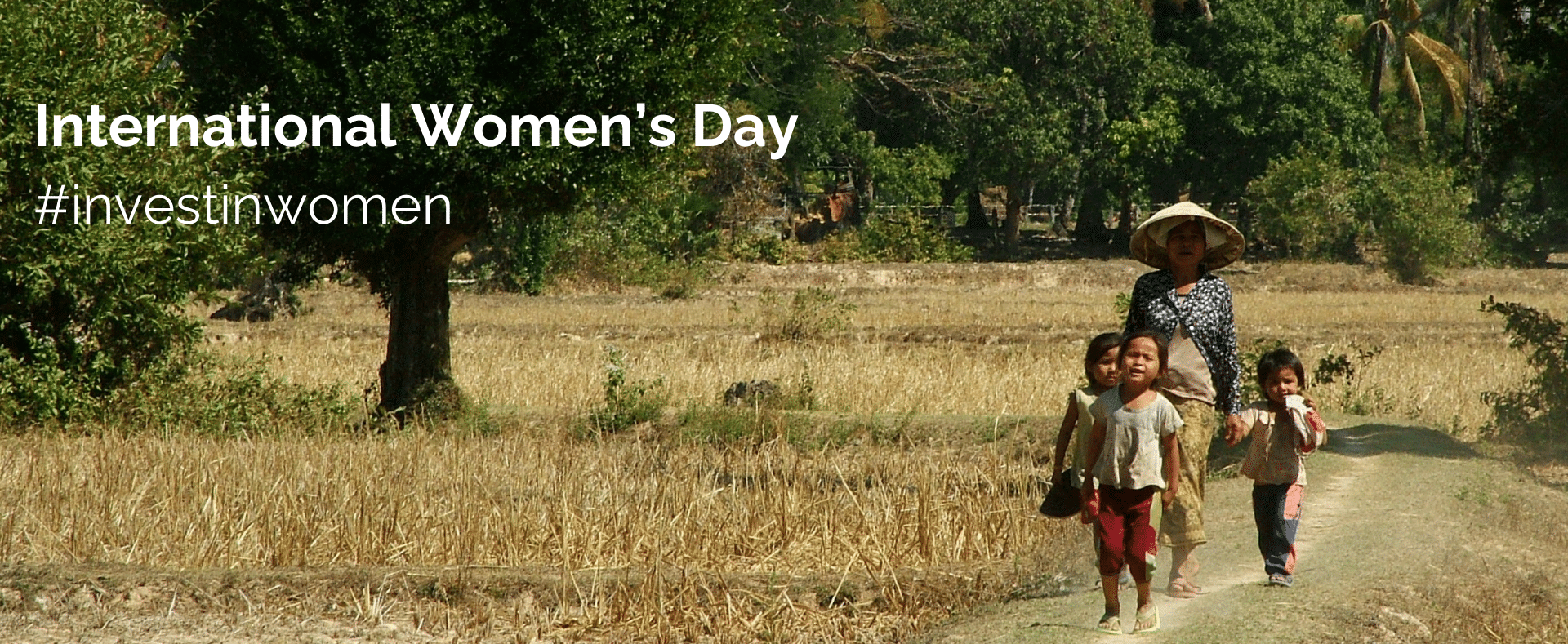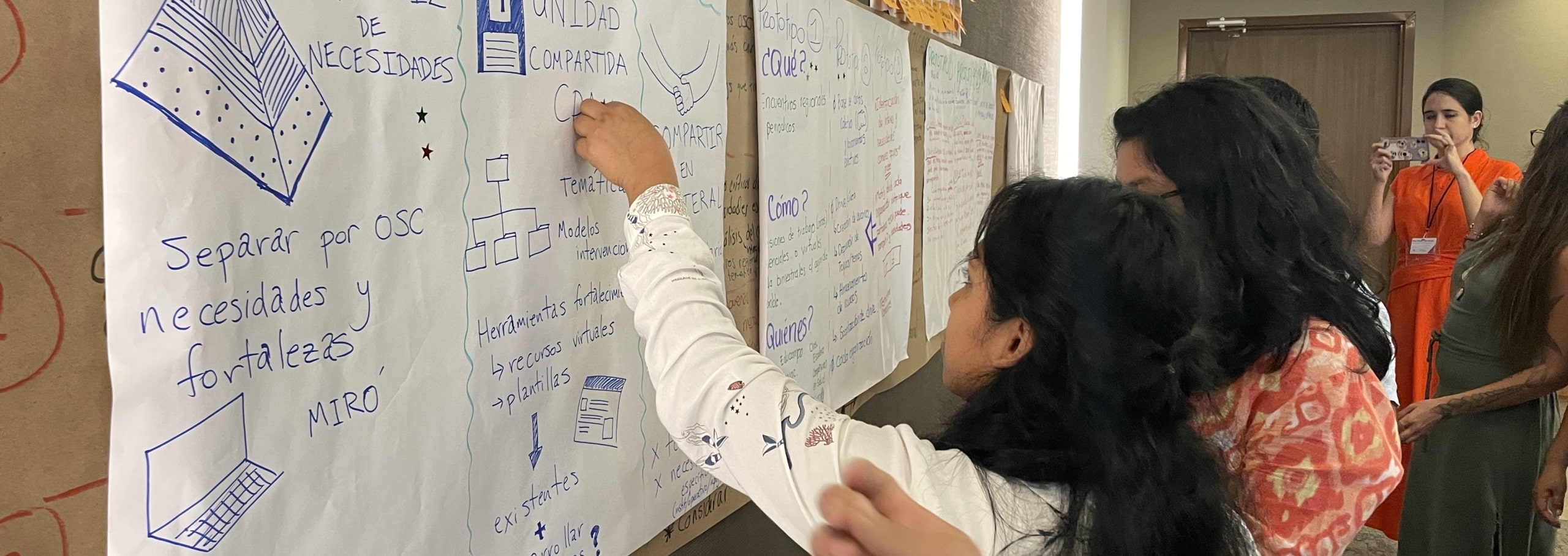To recognize Women’s History Month, Social Impact is highlighting three of our Chiefs of Party whose work typifies this year’s theme of “Women Who Advocate for Equity, Diversity, and Inclusion.” Fridays throughout March, we will showcase these remarkable individuals, offering a platform for them to share their perspectives and reflections on this important theme. Through insightful interviews, they will provide valuable insights into how they integrate the principles of equity, diversity, and inclusion into their leadership roles and daily work.
Jacqueline Ndirangu leads the Somalia Evaluation, Learning, and Monitoring Initiative (ELMI) team as Chief of Party. Her 23 years of experience working on development programs in the Africa region includes working as a Capacity Development and Monitoring & Evaluation Advisor for various health and democracy, stabilization, and governance programs in Kenya and Somalia.
Q: Could you please provide some insights into your background and the factors that led you to your current role with Social Impact?
Jacqueline: Over the last 23 years of working in international development, I’ve held various roles in donor-funded programs spanning program management, monitoring and evaluation, institutional capacity development and, more recently country office management. My extensive management and technical experience led me to become Social Impact’s ELMI Chief of Party since November 2023. The opportunity that ELMI presented to work in third-party monitoring and contribute to learning and generation of evidence that continually informs adaptive programming, attracted me to the role. I’m privileged to work with experienced, competent, and supportive team members in the US, Kenya, and Somalia, and grateful for the opportunity to lead this MEL platform within SI.
Q: What does it mean to you to be in a leadership position?
Being in a leadership position for me means being able to provide direction and keep the team motivated to give their best to the program. It means ensuring we have a sustained and good relationship with the client, government, and any other key program stakeholders. It also means mentoring team members to both help them grow professionally, and effectively deliver on their commitments to the program.
Through weekly meetings and individual sessions, I offer timely feedback and guidance, addressing issues and encouraging innovative ideas. I take time to review reports and other deliverables, providing constructive feedback to enhance capacity and improve future deliverables. Keeping an open-door policy has also helped to foster effective two-way communication with my team and is enabling us move forward.
Q: How do you “Inspire Inclusion” among your team? What are the challenges to doing so and how do you overcome them?
By visibly prioritizing the well-being of the team members I work with, and creating a workplace environment where each team member feels valued and motivated to give their best. This could include regular check-ins with each staff member to find out how they are doing; celebrating team members when they excel or contribute to the team’s success; gathering informally and interacting in less formal settings; and giving an opportunity to all team members present to weigh in or contribute to a discussion/decision during formal meetings.
Likely challenges include identifying joint activities that will be culturally appropriate for all cultures represented in the program and getting buy-in from all team members to implement ideas that can enhance inclusion. To address these, I ensure all team members participate in brainstorming I facilitate consensus-building during meetings, and that any cultural sensitivities are taken into consideration before implementing joint activities (for example not scheduling activities on Fridays which is a weekend for colleagues in Somalia).
Q: As a leader within SI, how do you perceive the significance of your position in advancing diversity, equity, and inclusion efforts within the organization and the community at large?
I advocate for equity, diversity, and inclusion by providing opportunities for individuals from diverse backgrounds to contribute to our program’s success, ensuring non-discrimination, facilitating participation in international conferences for team members, and collaborating with implementing partners to incorporate their input into evaluation and verification processes.
Q: How do you advocate for women’s equity, diversity, and inclusion in your daily life, personally and/or professionally?
I actively encourage women team members to take advantage of professional development opportunities that can include trainings or other self-development opportunities. During recruitment processes, I go an extra mile to identify qualified women and ensure their inclusion in interview shortlists.
Q: Drawing from your experiences and path, what guidance would you offer to young women, particularly in navigating challenges related to diversity, equity, and inclusion?
I would suggest being focused on your goals to excel in what you do, at whatever level you find yourself. Be intentional about seeking and pursuing opportunities that will enable you to achieve the said goals.
Stay focused and be open to learning from others, have at least one mentor, keep an open mind, and embrace diversity. Maintain your self-integrity and invest your energy and time in building relationships that add value to your life.
Be bold to speak up when the situation demands it. Volunteer your time and skills – give back and contribute to initiatives that help to develop others or enhance equity.







